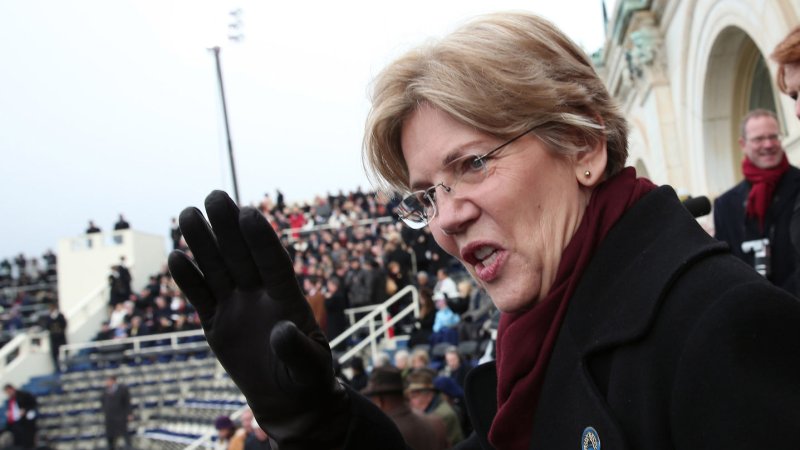Sen. Elizabeth Warren continued to build her reputation as a champion of progressive causes when she suggested during a committee hearing that minimum wage ought to be at $22 an hour if it had kept up with productivity.
Speaking at the Senate Committee on Health, Education, Labor and Pensions hearing last week, Warren, D-Mass., advocated in support of President Barack Obama's push to increase the minimum wage to $9 per hour.







